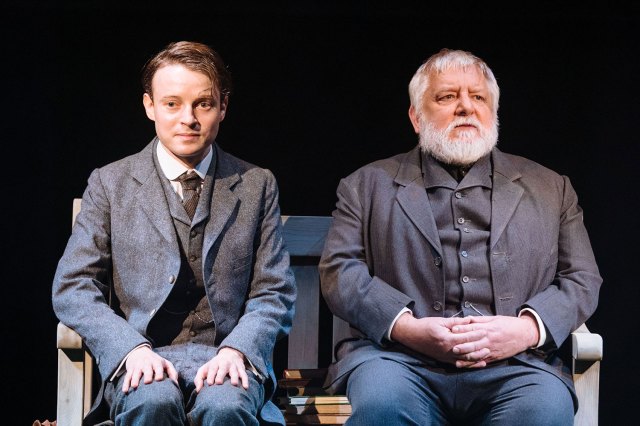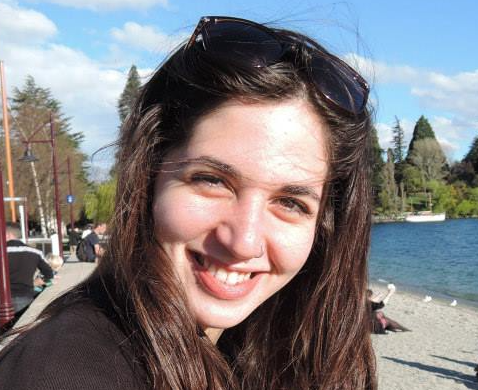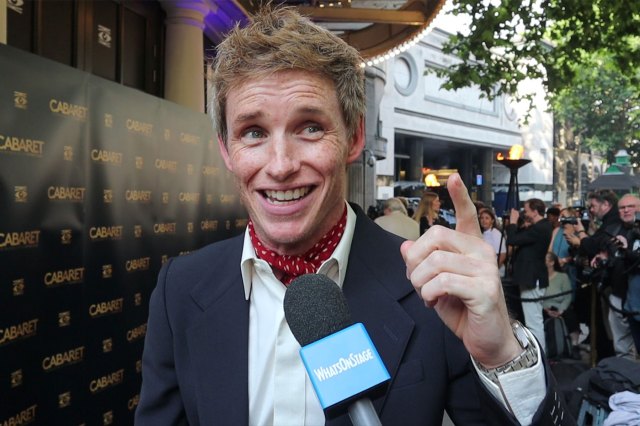The Invention of Love review – Simon Russell Beale is perfectly cast in Tom Stoppard revival
Tom Stoppard’s play returns for a new production at the Hampstead Theatre

In his programme interview, Tom Stoppard admits his doubts for the play’s restaging: “How many people now would share a sharp appetite for a play about Latin scholarship?” Indeed, it seems unlikely that a play half in Latin and Greek which, should one desire to understand every bit of it, would require extensive research and study prior to seeing it, would appeal to a modern audience. But a near sold-out run even before press night would argue otherwise.
We begin at the end with Charon (Alan Williams) collecting an elderly Alfred Housman (Simon Russell Beale) at the River Styx. After a lengthy, meandering monologue on Latin professorship, Housman looks about, “Are we waiting for someone?”
“A poet and a scholar was what I was told.”
“I think that must be me,” says Housman modestly.
Charon hesitates. “Give him a minute.”
It’s in this tone that the play continues, keeping an otherwise potentially alienated audience enthralled by its carefully timed, easy wit.
On his journey to the underworld, Housman revisits certain defining moments in his life, most notably his young, hopeful self at Oxford where he developed his passions, both for the ancient poets and for his dear friend Jackson, unrequited as the latter was.
Stoppard masterfully ties together Housman’s own quiet desires along with the period’s continuing respect for ancient love poetry, a canon that has heavily homosexual connotations, and the seemingly backwards 1885 Labouchère Amendment which made it illegal for all acts of “gross indecency” between men.
As with many of Stoppard’s plays, the character list is bountiful and confusing: a cast of 12 plays 18 characters, each with a historical relevance that would require another hour to explain in an already three-hour long play. But while it would benefit one greatly to have a thorough knowledge of the political and social goings on of the late 19th century as well as a solid education in Latin and Greek, rest assured, the meat of the plot is apparent.
And of course, the performances do much of the heavy lifting: even when half of what is said is lost, it’s a great pleasure to witness Beale’s quiet charisma: a perfect casting, he is a man most certain of himself while pitifully mourning the limitations of his time. The conversation between himself and Dickie Beau’s Oscar Wilde is miraculous, the former mourning the waste of the latter’s life, only for Wilde to castigate, “Better a fallen rocket than never a burst of light.”
Morgan Large’s design is beautiful in its simplicity, relying on a few large props to carry the scene: a boat’s skeleton, split into three and joined together again, moves around the stage by the cast’s synchronised feet; Charon’s simple raft seemingly floats along the stage; a velvet chaise longue brings to mind Wilde’s opulent tastes. Peter Mumford’s lighting design and Max Pappenheim’s sound design do the rest: a rectangular neon light on the floor stands in for a billiard table, and as the shots are made, a gentle ‘clunk’ is heard. If this were a one-man play you might call it minimalist, but with so many bodies on stage, little else is required.
Yes, this is, as Stoppard himself notes, an impossibly esoteric story about Latin and Greek scholarship. But truly, this is a story about love, the pain of the unrequited kind, and society’s attempts to re-define what was often a pure and beautiful love as “beastly”. Allow the words to move through you and take from it what you can.















